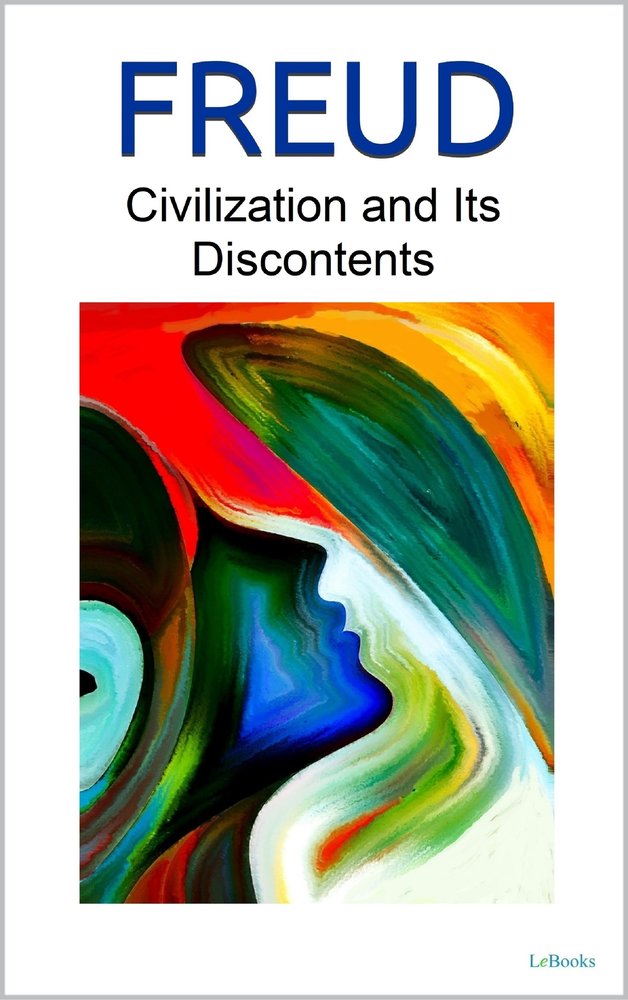Sigmund Freud (1856-1939) was an Austrian neurologist and important psychologist. He is considered the father of psychoanalysis, which significantly influenced contemporary social psychology. In Civilization and its discontentes, Freud argues that civilization forces us to renounce the individual's instinctual pursuit of pleasure and aggression. Religion and religious ideas help achieve this through taming human instinctual expression. Certainly, his interpretation contributes to the understanding of religious ideas and experiences and cultural and social development within a psychological perspective. However, his negation of the possibility of ultimate realities and his overly narrow focus on instinctual desire lead him overlook the value of human religious lives. Perhaps it is not the super-ego that gives human the sense of guilt, but the finitude of being that humans express. Maybe it is not civilization that obstructs the individual's pursuit of happiness, but the tendency of human beings to objectify everything. In fact, religion may be well suited to helping human beings overcome finitude and objectification. Civilization and Its Discontent is considered one of Freud's most important and widely read works, and was described in 1989 by historian Peter Gay as one of the most influential and studied books in the field of modern psychology.


